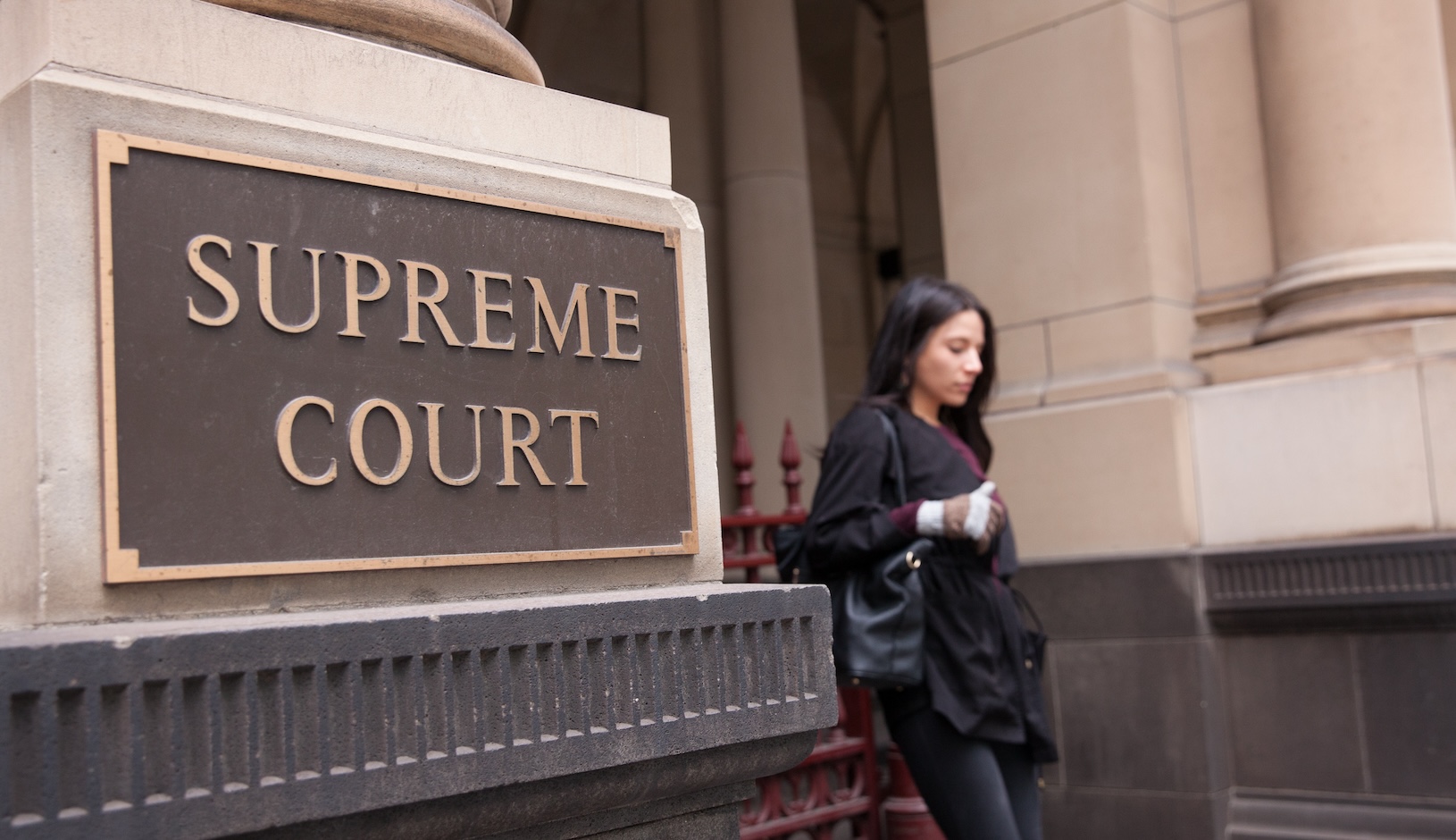Faith, Education, and Law Collide: Supreme Court Set to Decide Landmark Charter School Religious Freedom Case

In a landmark decision that could reshape the landscape of education and religious funding, the United States Supreme Court has taken up a groundbreaking case that may pave the way for public funds to support a religious charter school—a scenario never before seen in American history.
The nation's highest court announced on Friday its intention to hear arguments concerning a virtual Catholic charter school, setting the stage for a potentially transformative legal debate. The case is scheduled to be argued in late April, with a final ruling expected by early summer.
This unprecedented legal challenge could fundamentally alter the traditional separation between church and state in educational funding, potentially opening the door for religious institutions to receive public financial support for their educational programs. Legal experts and education advocates are closely watching the case, recognizing its potential to create significant precedent in school funding and religious freedom.

